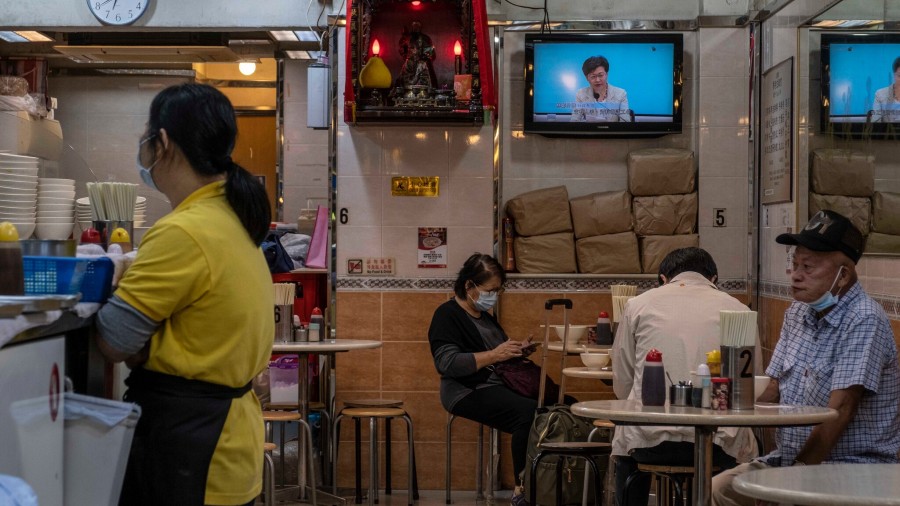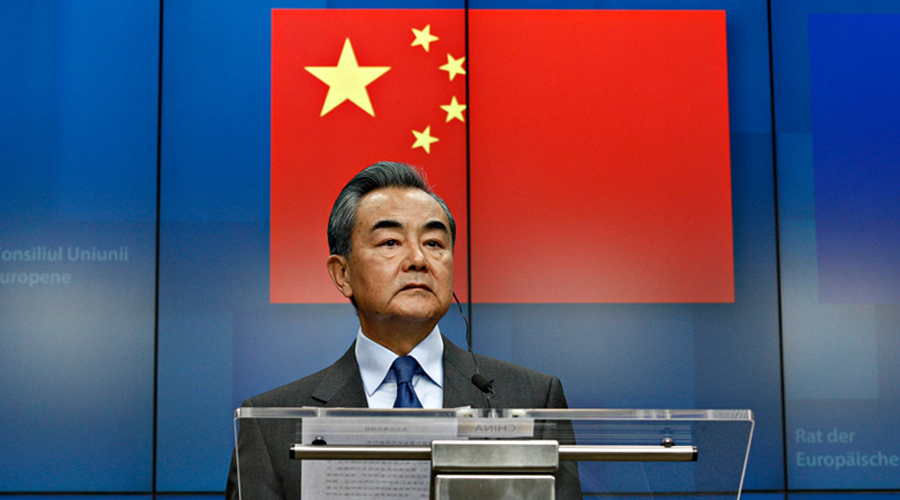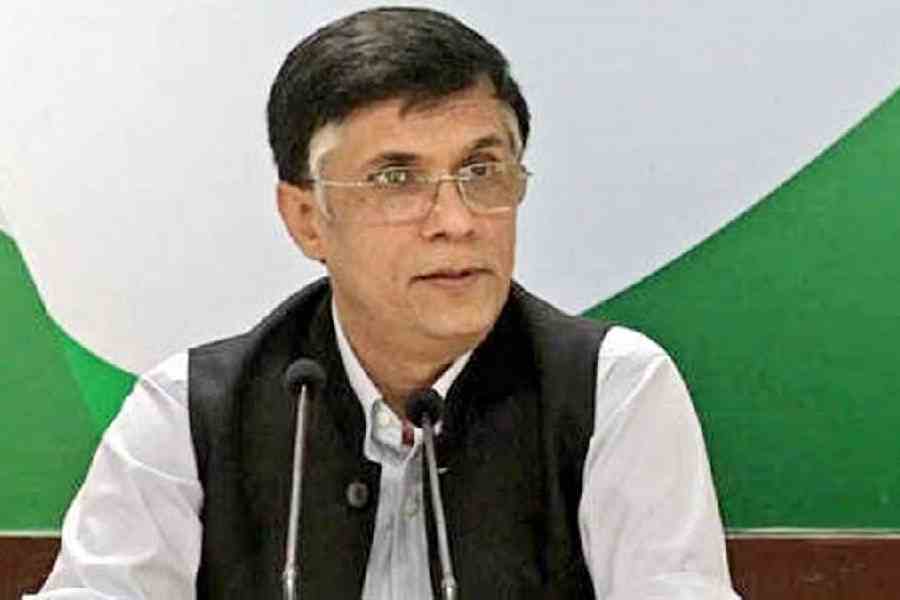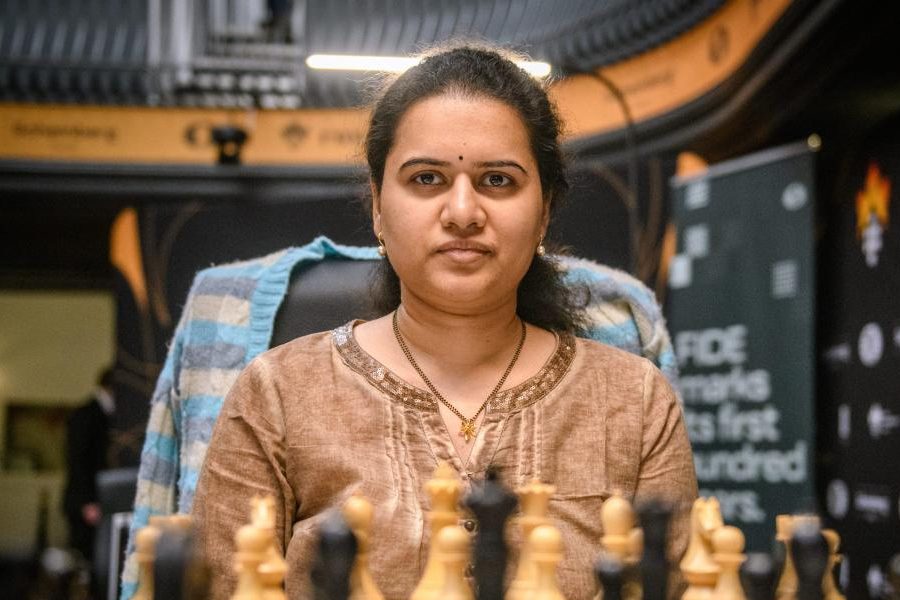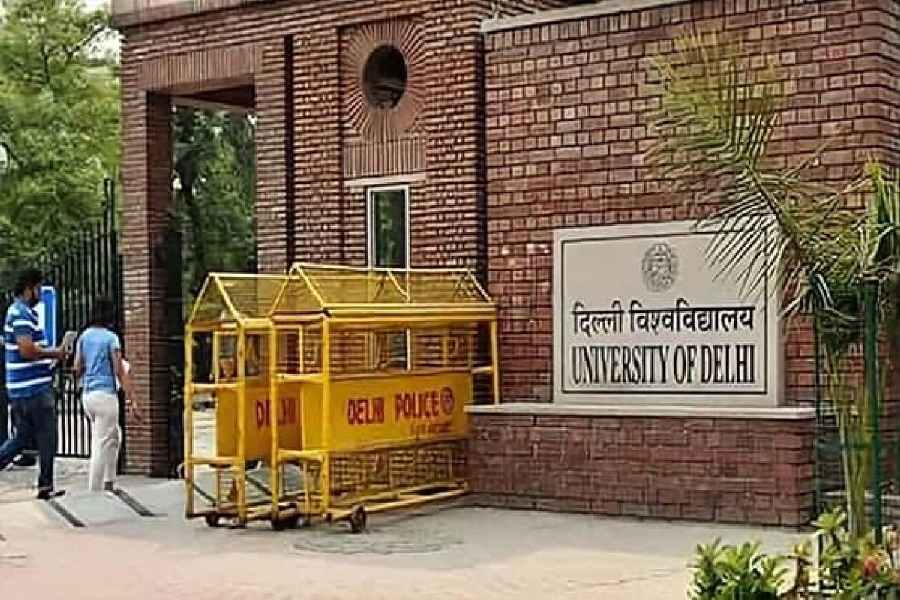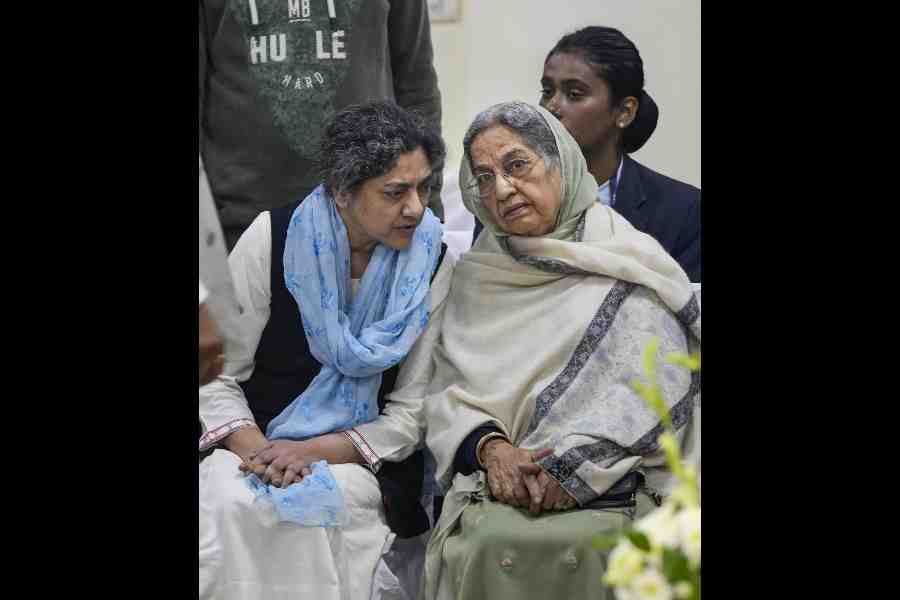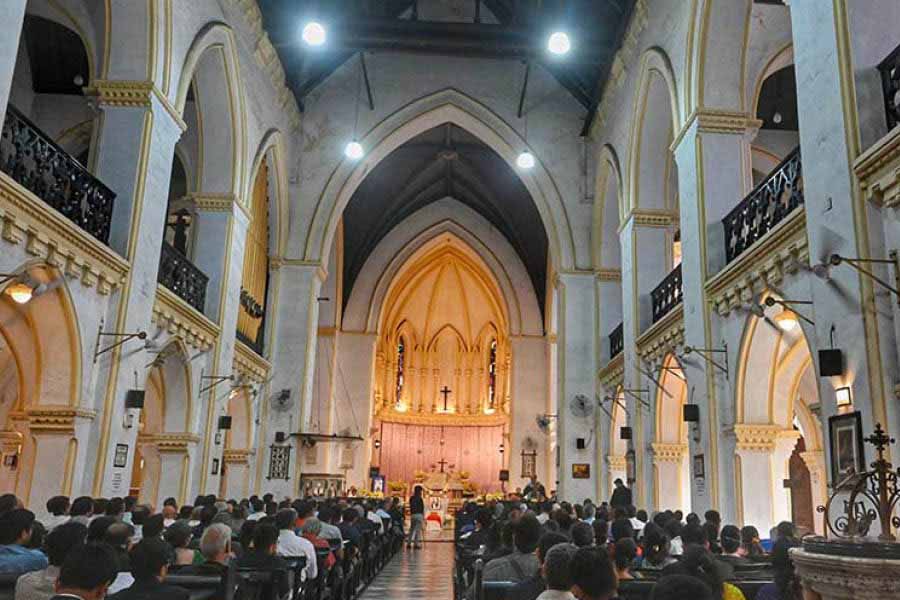China’s sweeping overhaul of Hong Kong’s election system will give national security bodies vast power over who can run for office, a move that could sideline the pro-democracy Opposition for years to come.
Hong Kong’s pro-democracy figures had long enjoyed a greater share of the vote in direct elections, but the system was stacked against them, ensuring the pro-Beijing camp controlled the legislature.
On Tuesday, the standing committee of the Communist Party-controlled National People’s Congress in Beijing approved changes that would ensure an even stronger legislative majority for the establishment.
The changes give Beijing and its handpicked local leaders vast powers to block any Opposition candidate China deems disloyal, aiming to stamp out the intense anti-government sentiment that fuelled protests in 2019.
Here is a look at the changes and what they mean for Hong Kong:
A devastating blow
Among the most significant of the changes is how the city’s lawmakers will be chosen. The move slashes the proportion of directly elected seats on the legislature, to less than a quarter from half. Forty seats on the 90-member body will be chosen by an election committee, a pro-establishment body that also selects Hong Kong’s leader.
Beijing further consolidated its grip over the election committee by removing elected district council members, after pro-democracy politicians swept most of those positions in 2019. Those seats were to be replaced with appointed advisory bodies and groups representing people from Hong Kong in mainland China.
Opposition groups said the changes would most likely leave them completely shut out of elections at all levels.
“The feeling is surreal. It’s beyond anger,” said Avery Ng, the head of the League of Social Democrats, a Leftist, pro-democracy party in Hong Kong. “With the newly established structure, the Beijing government can have a 100 per cent guarantee on the result in Hong Kong.”
Perhaps the most dramatic transformation will be the power that national security bodies beholden to Beijing will now have over the electoral process.
Any potential candidate will first be investigated by the national security department of the Hong Kong police and the city’s national security committee, a body created by Beijing last year that includes the central government’s chief representative in Hong Kong. Their reports would be handed to a new vetting committee, whose decisions on qualifying candidates are final and cannot be appealed in court.
“The amendments achieved what has been emphasised before: Patriots need to rule Hong Kong,” said Tam Yiu-chung, a pro-Beijing politician and Hong Kong’s sole delegate on the standing committee of the National People’s Congress.
He said the changes would block those who “opposed China and wreaked havoc on Hong Kong” — Beijing’s depiction of many pro-democracy figures — from holding seats in the legislature and the election committee.
The changes show that Beijing will decide how elections are held in Hong Kong, said Lau Siu-kai, a former senior Hong Kong government official who now advises Beijing policymakers on Hong Kong issues, including the electoral changes.
Political environment
The electoral overhaul is only the latest example of how Beijing has squeezed a once raucous and free-wheeling political landscape and crippled free speech in Hong Kong.
The authorities have waged an intense crackdown on the Opposition with arrests and detentions. Last month, they charged 47 pro-democracy politicians, including most of the camp’s most prominent figures, with subversion under a national security law.
Others are in court on charges of unauthorised assembly. The prosecutions have effectively silenced much of the Opposition.
The security law has also loomed over the city, curbing its environment for free expression. Some politicians have warned that Hong Kong’s new art museum, M+, risks violating the security law if it displays works from artists like the Chinese dissident Ai Weiwei.
A local broadcaster, TVB, said this week that it would not show the Oscars. It said the decision was commercial, but this year’s awards include two nominees that are politically sensitive in China. Do Not Split, a nominee for best documentary short, focuses on the 2019 Hong Kong protests, and Chloé Zhao, the first Chinese woman and the first woman of colour to be nominated for best director.
New York Times News Service

